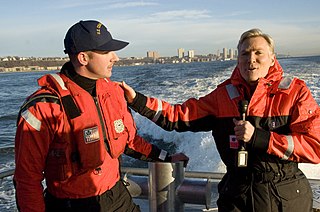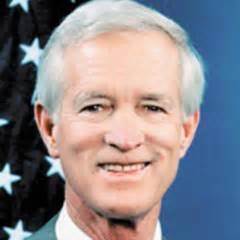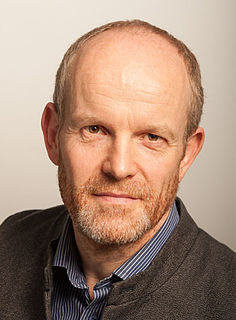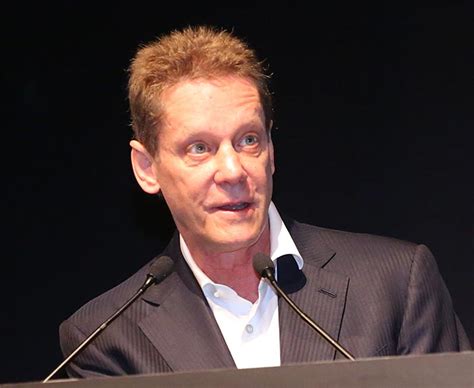A Quote by Sylvia Earle
There are now more than 4,000 places in the sea around the world that have some kind of protection. The bad news: You have to look hard to find them. What you find instead is destructive fishing, mining, gas and oil exploration.
Related Quotes
Some find it easier to bend their knees than their minds. Exciting exploration is preferred to plodding implementation; speculation seems more fun than consecration, and so is trying to soften the hard doctrines instead of submitting to them. Worse still, by not obeying, these . . . lack real knowing. Lacking real knowing, they cannot defend their faith and may become critics instead of defenders!
The momentum of Asia's economic development is already generating massive pressures for the exploration and exploitation of new sources of energy and the Central Asian region and the Caspian Sea basin are known to contain reserves of natural gas and oil that dwarf those of Kuwait, the Gulf of Mexico, or the North Sea.
Britain has squandered its windfall of natural resources from North Sea oil and gas. Instead of prudently investing the 'unearned income' from nature, to build a safe, clean and green energy supply for the nation, we face unnecessary shortages. But there is still a chance to put the proceeds from liquidating our fossil fuel assets to better and more appropriate use. Instead of oil companies profiteering from climate change and oil depletion, a windfall tax could establish an Oil Legacy Fund to pay for Britain's urgent transition to a sustainable, decentralised energy system
Venezuela has the biggest oil reserves in the world. And the biggest gas reserves in this hemisphere, the eighth in the world. Venezuela was a U.S. oil colony. All of our oil was going up to the north, and the gas was being used by the U.S. and not by us. Now we are diversifying. Our oil is helping the poor.
There are signs that the age of petroleum has passed its zenith. Adjusted for inflation, a barrel of crude oil now sells for three times its long-run average. The large western oil companies, which cartellised the industry for much of the 20th century, are now selling more oil than they find, and are thus in the throes of liquidation.




































